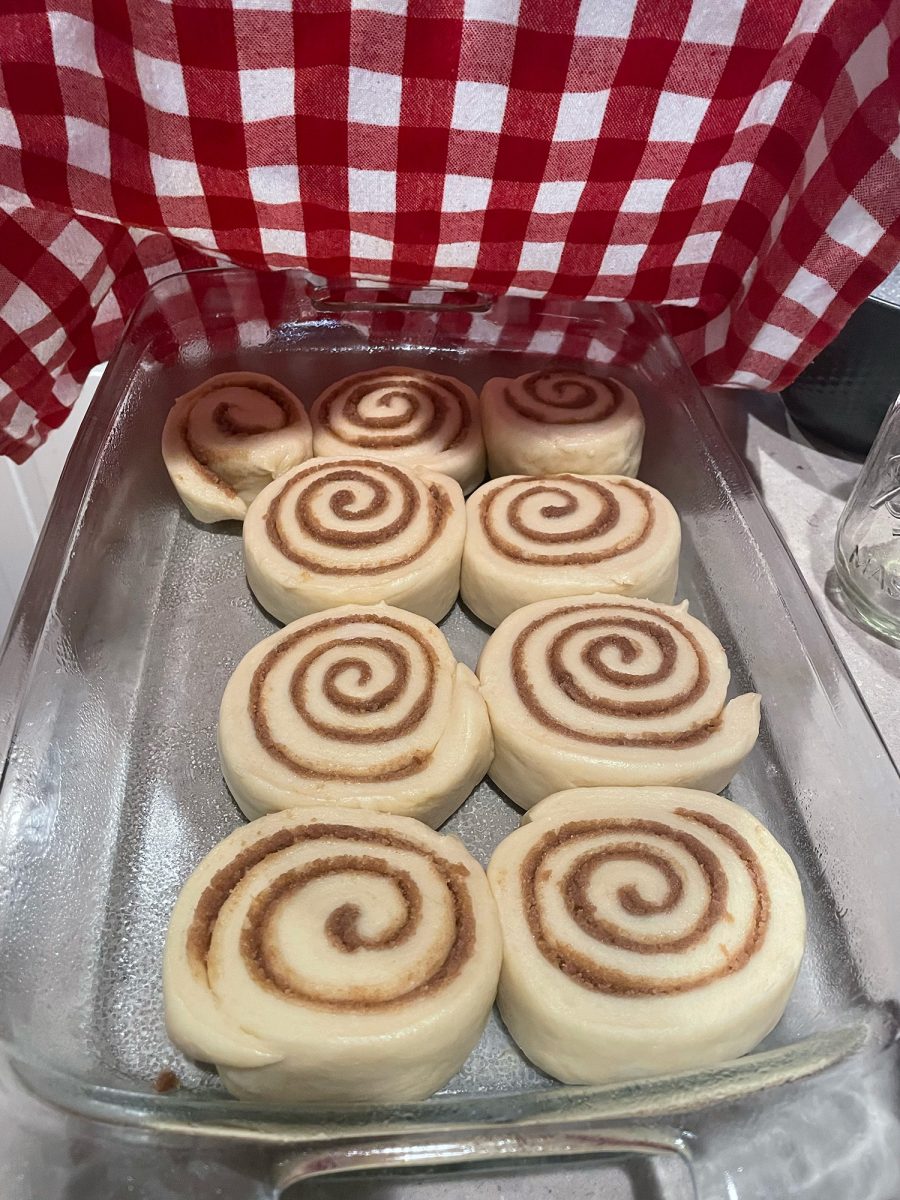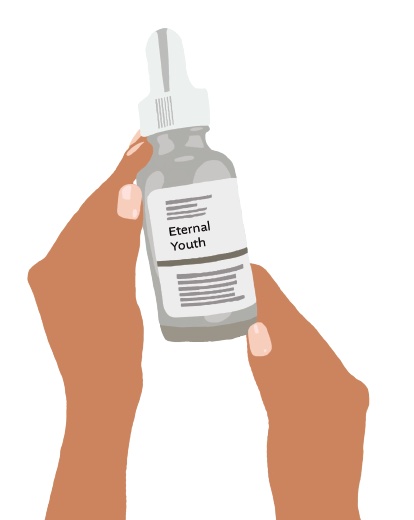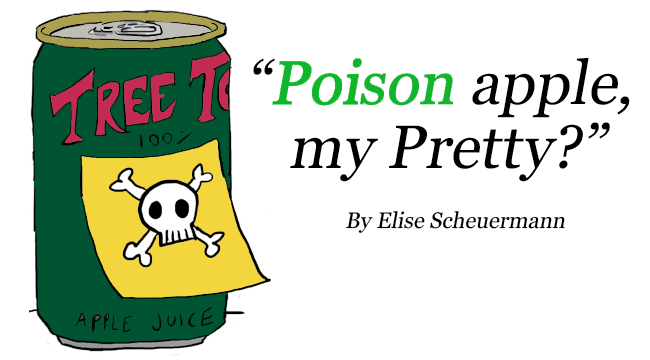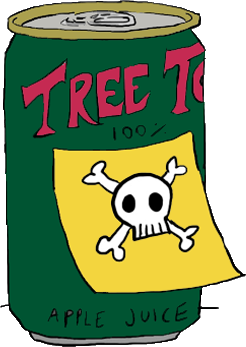As the produce industry continues to grow, are suppliers cutting too many corners?
Arsenic in apple juice is just the latest bad news for American consumers. It was found that 10 percent of apple juice on store shelves contains arsenic levels higher than the Food and Drug Administration (FDA) deems safe for human consumption.
These levels were discovered in Motts, Apple & Eve, Gerber, and Juicy Juice products. The main confusion surrounding this issue is that there are two types of arsenic; organic and inorganic.
Organic arsenic is naturally occurring and not harmful, whereas inorganic arsenic is a poison and is toxic to humans.
Organic arsenic is an element that is often found in seafood. It is impossible to evade and considered harmless.
On the other hand, inorganic arsenic is a carcinogen that can cause skin, bladder, and lung cancer; and has also been linked to Type-2 Diabetes.
It is a weak acid that is usually found in contaminated ground water and pesticides or insecticides. This was the type of arsenic found in the apple juice.
Inorganic arsenic is found in apple juice squeezed from foreign apples. This is due to a lack of pesticide regulations in other countries.
“I didn’t know there was arsenic in apple juice, but I’m not worried because I don’t drink much apple juice,” senior Vera Lopez said.
It has been found that inorganic arsenic will not be of much harm unless you are already committing another dietary crime.
It is recommended that children under six should drink from four to six ounces of juice a day, no more.
For older children and adults, the range is only eight to twelve ounces a day.
Yet inorganic arsenic is still a problem because currently, the FDA has no regulations regarding arsenic levels in fruit juice. However, they do have standards for bottled water.
In bottled water the limit is 10 parts per billion (ppb) per one liter. Several brands have been tested, and Motts was found to contain 16 ppb, Apple and Eve 11 ppb, Juicy Juice 22 ppb, and Gerber 36 ppb.
These levels are all above the standards for bottled water, meaning they are harmful to humans and should not be consumed.
An FDA investigation is underway. They have been testing more brands. In the meantime there are three key ways to safeguard against this harmful toxin.
First, do not drink excesses of fruit juice. Second, always buy organic. Third, always check the juice’s country of origin, and be wary of other nations’ regulations, or lack thereof.







































